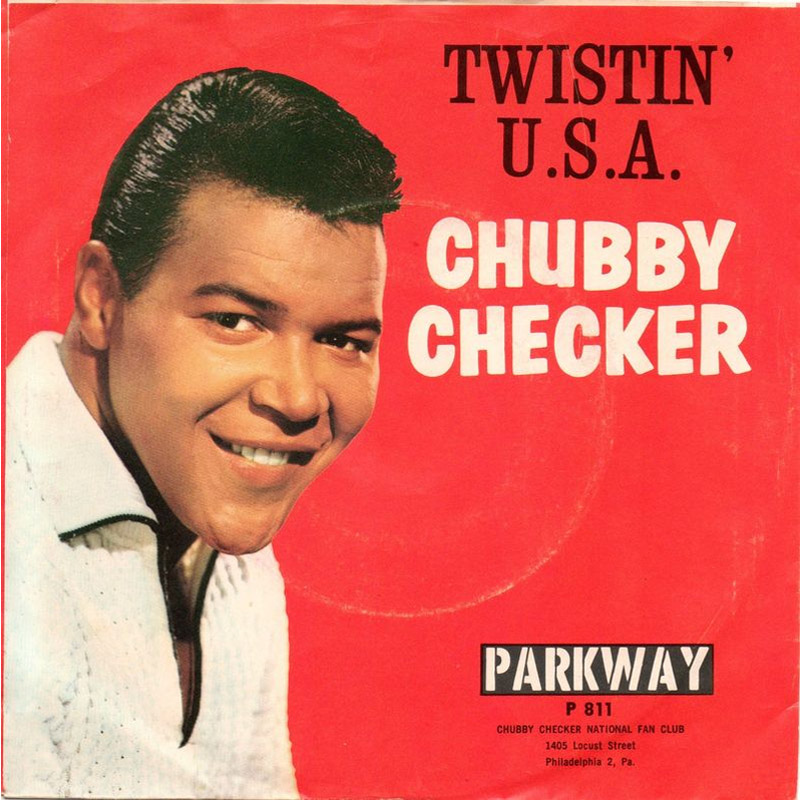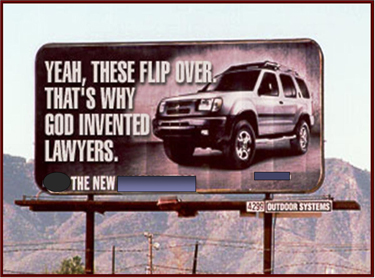 Chubby Checker, whose real name is Ernest Evans, is suing Hewlett Packard for trademark infringement. Chubby Checker, an iconic music entertainer, rose to fame when his song “The Twist” first reached No. 1 on the charts in 1960 and his appearances on the “Ed Sullivan Show” and “American Bandstand” helped spawn a national, if not international, dance frenzy. His 2008 song “Knock Down the Walls” reached the top of the dance charts and sparked a brief comeback for the music legend.
Chubby Checker, whose real name is Ernest Evans, is suing Hewlett Packard for trademark infringement. Chubby Checker, an iconic music entertainer, rose to fame when his song “The Twist” first reached No. 1 on the charts in 1960 and his appearances on the “Ed Sullivan Show” and “American Bandstand” helped spawn a national, if not international, dance frenzy. His 2008 song “Knock Down the Walls” reached the top of the dance charts and sparked a brief comeback for the music legend.
Ernest Evans Corporation, one of Mr. Checker’s companies, was originally granted trademark rights for the use of his name in connection with musical performances. Later, The Last Twist Inc., another of his companies, was granted trademark rights for “Chubby Checker’s” in connection with food products, based on the release of a line of snack foods.
The mobile “app” named “The Chubby Checker” – no, we couldn’t possibly make this up – ostensibly enabled users who downloaded it to calculate the size of a male penis based on the individual’s shoe size. The development shop named Magic Apps, now non-existent, had touted the international appeal of the app, noting “The Chubby Checker” allows calculations based on U.S., UK and European shoe sizes.
Lawyers for Mr. Checker had sent HP a cease-and-desist letter last September and apparently the app was removed from all HP or Palm-hosted websites later that month. In the lawsuit filed in the U.S. District Court for the Southern District of Florida, lawyers for Mr. Checker, now 71 years old, claim that “irreparable damage and harm” has been done to the entertainer’s name and reputation, are seeking an injunction, and are asserting claims of millions of dollars in damages arising from “The Chubby Checker” app that Hewlett Packard Co. made available on Palm mobile devices starting in 2006. You may recall that HP acquired Palm in 2010, and a year later opted to shutter the production of Palm hardware, although it continued to provide technical support to existing Palm users.
The suit alleges that purchasers of the app, as well as anyone simply browsing the webpage, had been misled into believing that Chubby Checker had endorsed the app, and that the use of his name would confuse users who might reasonably conclude the singer had some association with the app bearing his name.
The lawsuit alleges that the defendants made millions of dollars exploiting the name of one of the greatest musical entertainers of our time, and claims the “Defendants’ use of the name ‘Chubby Checker’ in its app is likely to associate the plaintiffs’ marks with the obscene, sexual connotation and images evoked by defendants’ app ‘The Chubby Checker.’” You can read the filing in its entirety right here at Evans, et al. v. Hewlett Packard Company, et al., Case 2:13-cv-14066-JEM.
The Advertising, Technology & Media Law Group at Rimon has lawyers with decades of experience in working with advertisers and agencies, marketing and promotional companies, online, mobile, and traditional, handling matters involving celebrity endorsements – good, bad and sometimes ugly. Let us know if you need us. Call me, Joe Rosenbaum, or any of the Rimon lawyers with whom you regularly work. We are happy to help.


